The Sport Sciences Certificate is designed for students who have interest in studying courses with a major focus on scientific inquiry related to sport. This includes the application of scientific principles to improve performance, biomechanics, nutrition, management and policy in sport, as well as studies related to the psychology of sport, and sport culture. These sports application courses address topics including the science, theory, and practice of sport in local, national and global contexts. Students will learn about the increasingly important role of kinesiology and physical education in providing leadership, opportunities and advocacy in sports-related fields.
Requirements
Students currently registered in the BKin program must successfully complete 2.0 FCE from the following Sport Sciences Pathway list of courses as part of their BKin degree requirements: KPE306H1, KPE320H1, KPE322H1, KPE324H1, KPE328H1, KPE331H1, KPE335H1, KPE342H1, KPE355Y1*, KPE363H1, KPE367H1, KPE368H1, KPE370H1, KPE390Y1*, KPE399H1*, KPE401H1, KPE403H1, KPE407H1, KPE422H1, KPE428H1, KPE429H1, KPE432H1, KPE442H1, KPE455Y1*, KPE461H1, KPE470H1, KPE490Y1*, KPE495H1*.
Courses with an asterisk(*) have varying topics and will only count towards the certificate if the focus of study/placement is on sport sciences.
IMPORTANT ELIGIBILITY REQUIREMENTS
- Individual courses may only count towards one identified BKin certificate in addition to counting towards the BKin degree
- Students are limited to a maximum of 3 BKin certificates with their degree
Please refer to this website for further information.
